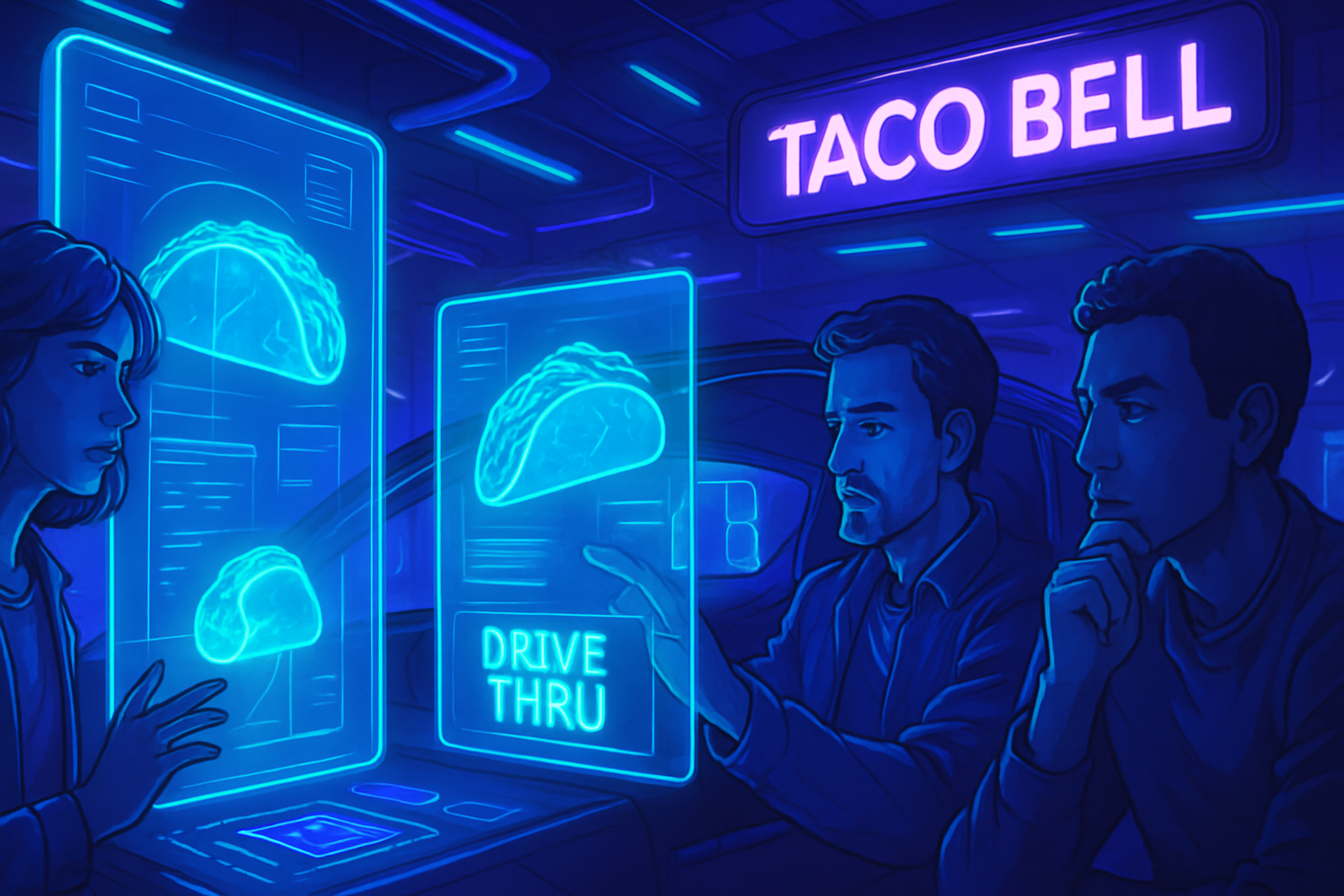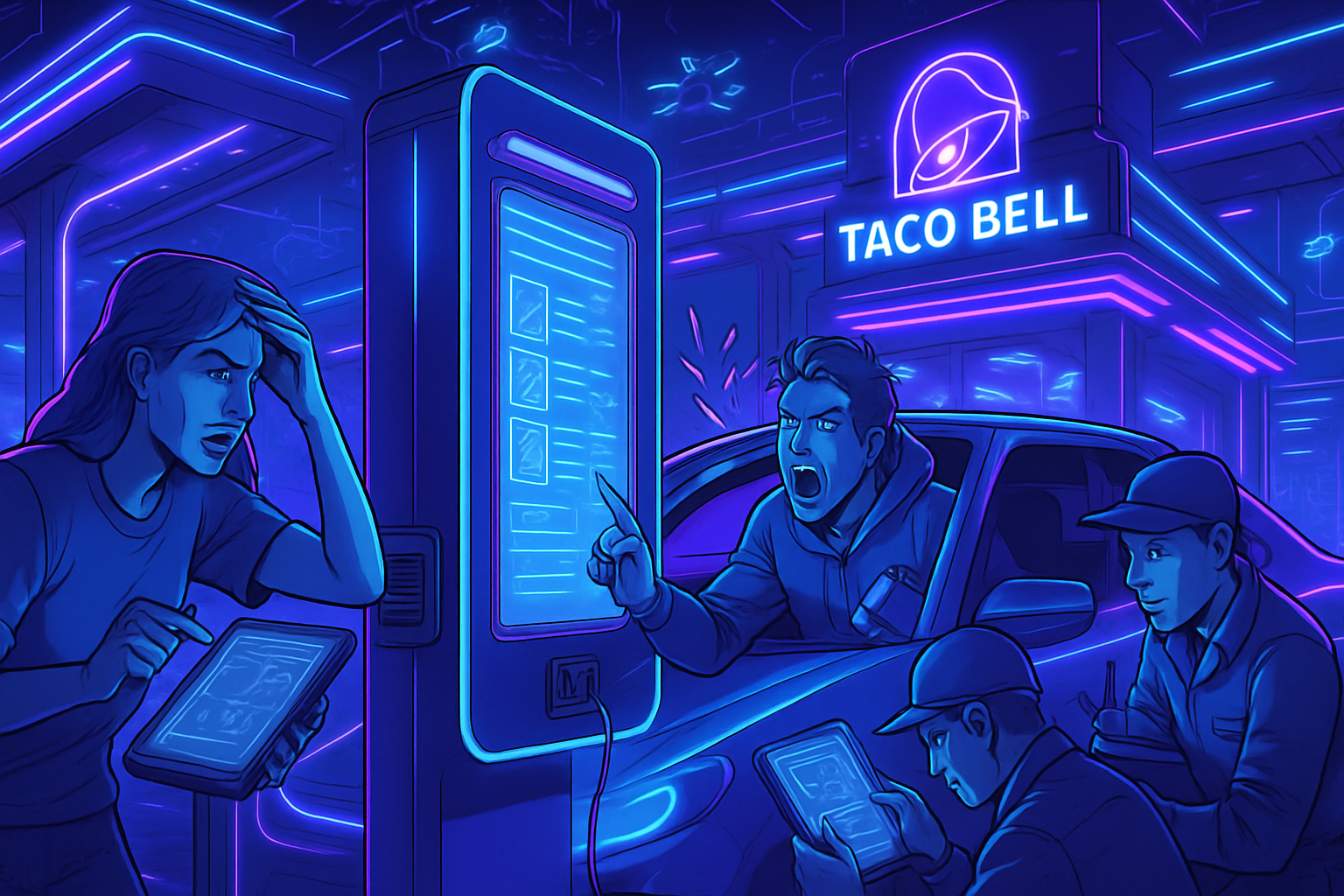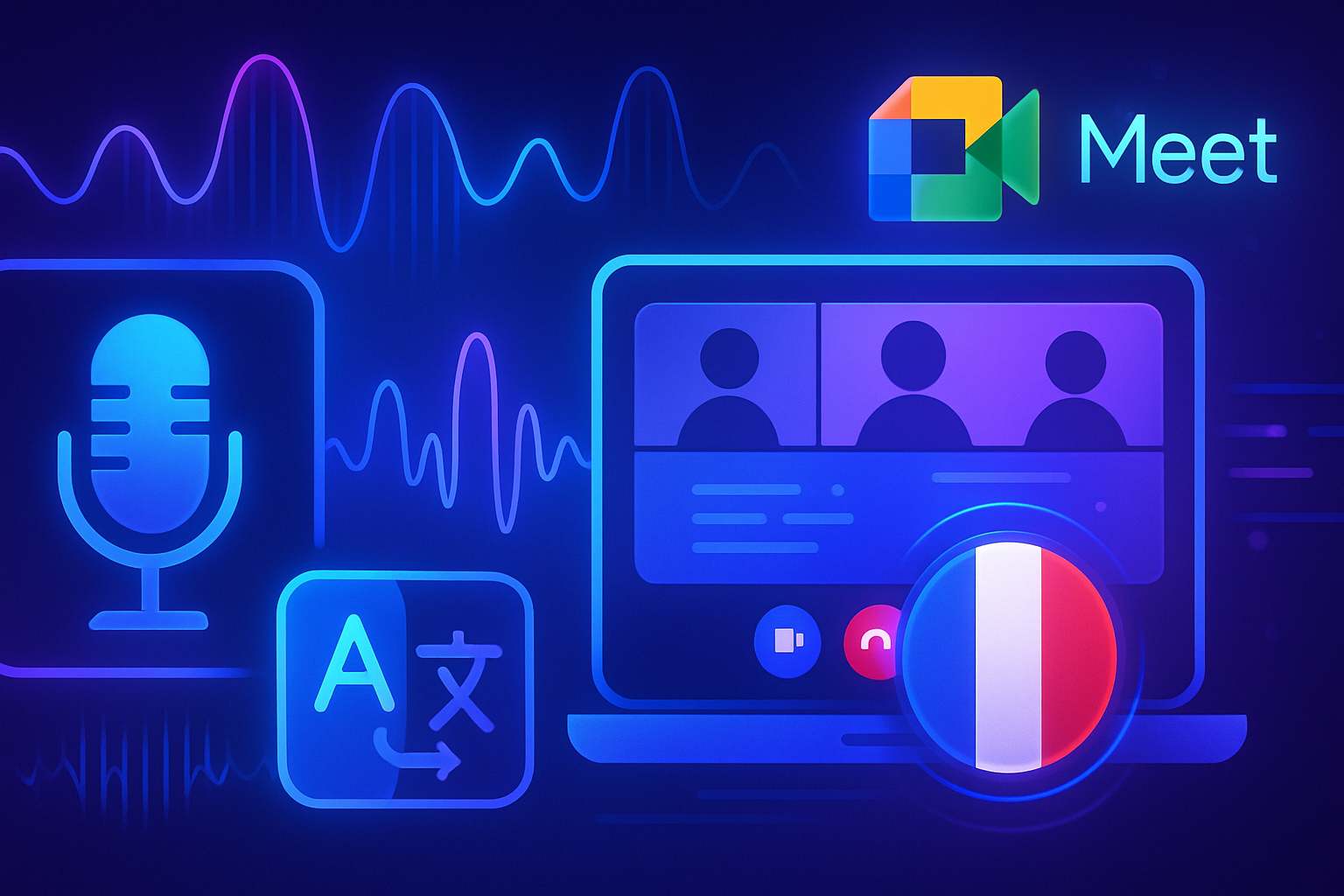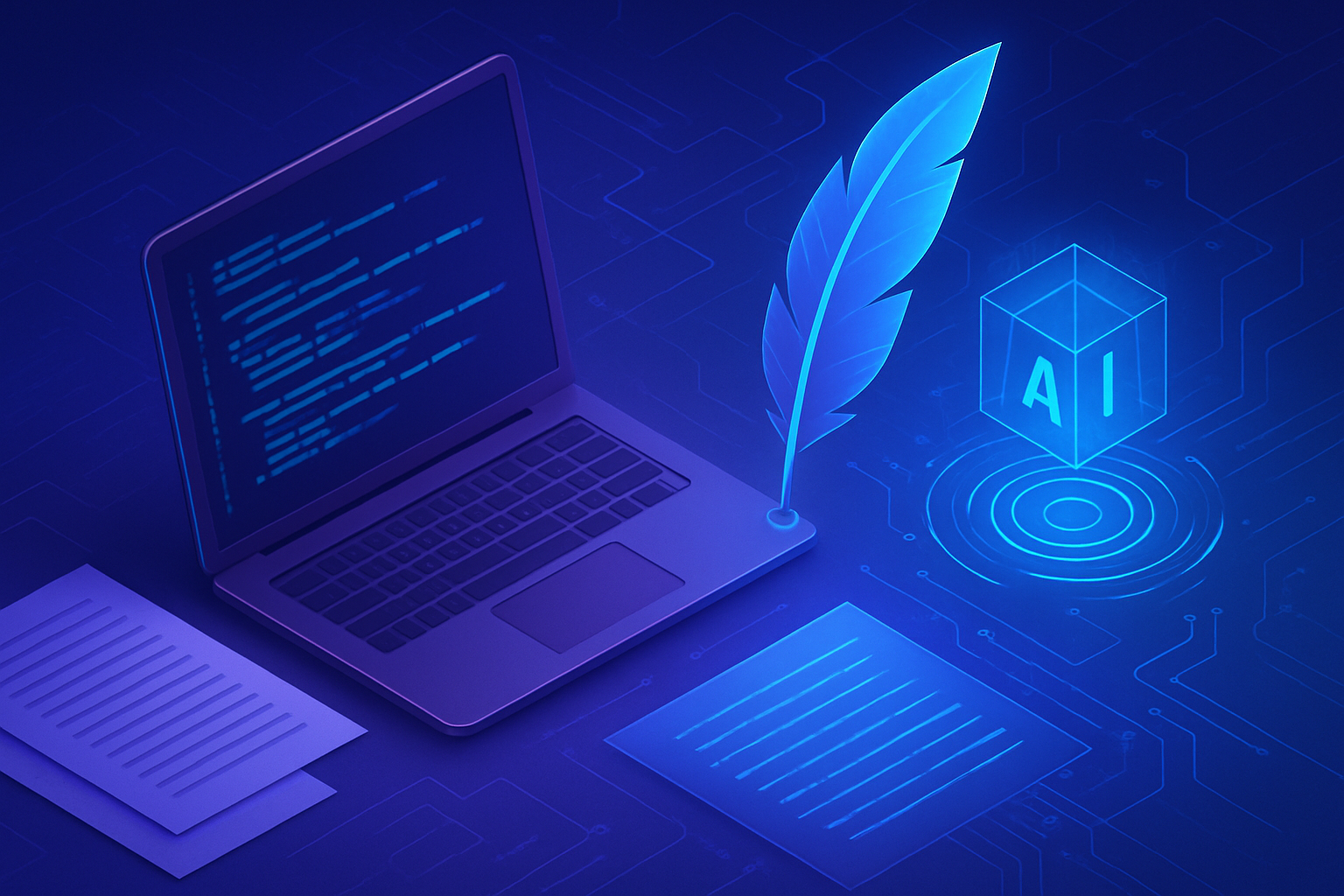Scraping exposes the vulnerabilities of artificial intelligences. Cloudflare, the defender of data, creates a complex maze that complicates this practice. The legal and technical stakes become crucial. Innovative projects collide with restrictions imposed by security systems. This dilemma raises fundamental ethical and business questions. As intelligences collect online data, resistance strengthens. In the face of this adversarial dynamic, adaptation strategies must evolve with caution.
Scraping and its stakes
The scraping refers to a method that extracts data online from websites. This practice sparks numerous debates and controversies, notably due to questions of intellectual property and privacy concerns. Companies and developers often exploit these methods to gather valuable information, but the legality of these actions remains murky.
Cloudflare facing artificial intelligences
Cloudflare, an Internet infrastructure service, stands as a bulwark against scraping methods. The devices it offers are designed to counter automated access. In doing so, Cloudflare traps artificial intelligences in a real endless maze. By multiplying technical challenges and access controls, the company creates obstacles for automated systems.
Innovative defense strategies
In the face of these challenges, artificial intelligence companies attempt to find workaround strategies. Technical solutions are implemented to simulate human behavior during requests. However, these methods do not guarantee complete access to data, especially when Cloudflare tightens its protection devices.
Consequences for the data sector
Companies wishing to collect data face a new reality. The implementation of these protections has the effect of increasing the cost and time required to access the desired information. The consequences particularly impact companies that heavily rely on online data to fuel their AI systems.
Industry reactions
Industry players respond to these limitations with calls for better regulation. Some advocate for a revision of scraping practices, calling for a clearer legal framework for governing the use of online data. This evolution could lead to discussions about data access rights and ownership.
The future of scraping and AI
The future of scraping and artificial intelligence technologies remains uncertain. Protection devices, such as those offered by Cloudflare, are likely to evolve and lead us toward unpredictable scenarios. The interaction between protection technologies and data collection methods will continue to fuel debate around this crucial theme.
Frequently asked questions about Scraping: Cloudflare traps artificial intelligences in an endless maze
What is scraping and how does it work with Cloudflare?
Scraping is a technique used to extract data from websites. With Cloudflare, artificial intelligences may encounter obstacles, as Cloudflare protects sites against bots using advanced security mechanisms, making scraping more complex.
Why is Cloudflare considered an obstacle for scraping?
Cloudflare acts as a shield for websites, filtering incoming traffic to detect potential bots. This complicates the work of artificial intelligences attempting to scrape content, as they must navigate various security challenges.
What methods can be used to circumvent Cloudflare’s protections during scraping?
Bypassing techniques include using proxies, changing the digital fingerprint of bots, and adhering to request timing and frequency to avoid detection by Cloudflare’s system.
What are the legal consequences of scraping on sites protected by Cloudflare?
Scraping sites protected by Cloudflare may violate the terms of use of the websites, potentially leading to legal action for copyright infringement or other data protection laws.
Can artificial intelligences learn to bypass Cloudflare?
While artificial intelligences can improve over time and optimize their scraping strategies, Cloudflare also continuously evolves to enhance its security, making this task difficult and uncertain.
What types of data are often targeted by scraping despite Cloudflare’s protections?
Commonly targeted data includes contact information, pricing, reviews, and other sensitive content related to commerce or competition on websites.
How can website owners protect themselves against scraping with Cloudflare?
Website owners can use Cloudflare to activate security features such as “JS Challenge” mode, CAPTCHA verification, or API access management to counter scraping attempts.
Is scraping ethical, even if Cloudflare protects sites?
The ethics of scraping depend on various factors, including the permission of website owners and the use of extracted data. Ignoring protections put in place by services like Cloudflare often raises ethical dilemmas.






